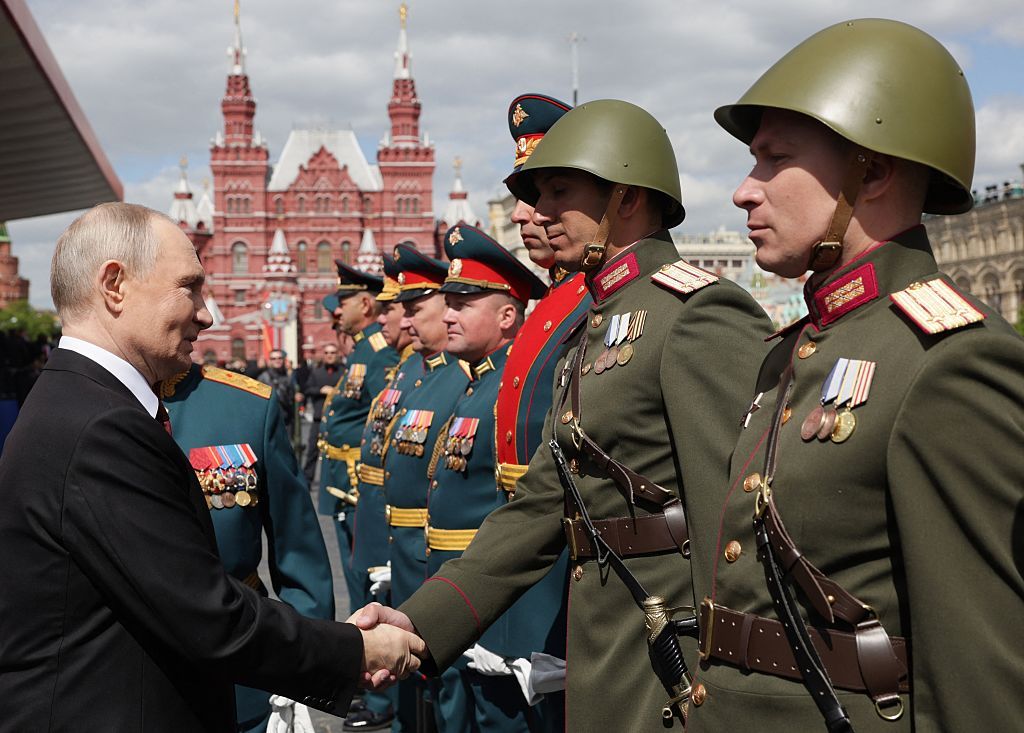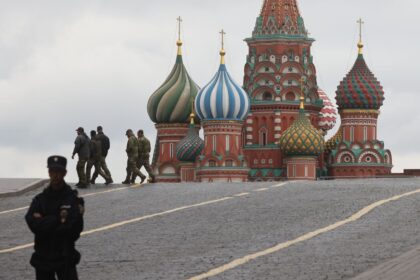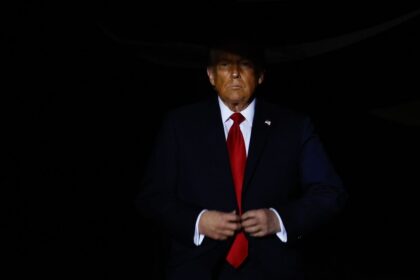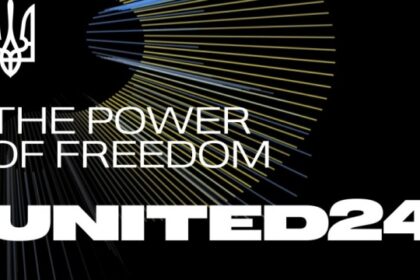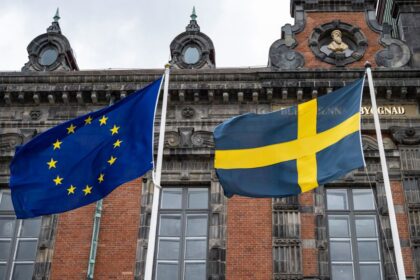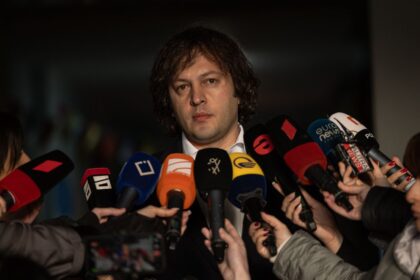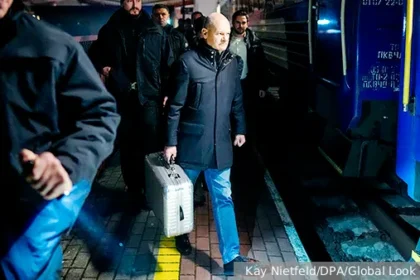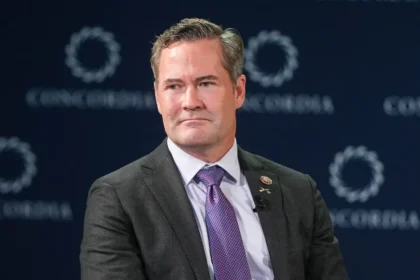**Seeing War Through the Lens of Narcissism**
A recent conversation with two Ukrainian army veterans, Andriy and Bohdan, has left me pondering the psychological dimensions of narcissism. These men, who had lost limbs in service, were remarkably intact – sharp, humorous, and deeply reflective. As we talked about the psychological dimensions of narcissism, they became animated, drawing parallels between individual and collective narcissism.
The conversation revolved around the idea that narcissism is not just a personal flaw but a way of understanding how individuals and even entire nations cope with wounds too painful to face directly. Andriy explained that this coping mechanism can be seen in Hollywood’s invincible action hero, Rambo. Instead of mourning or questioning trauma, culture transforms the wounded soldier into an unstoppable killing machine – a symbol of invincibility.
Bohdan added that collective narcissism is also at play when national leaders like Vladimir Putin and Donald Trump master the art of turning collective wounds into mythology. In Russia’s case, the collapse of the Soviet Union left a profound psychic scar. The Kremlin built a story: Russia as eternal, misunderstood, and betrayed by the West.
This narrative denies vulnerability inward and projects weakness outward. It builds national pride on fantasy rather than self-knowledge. Ukraine is viewed not as a sovereign country with its own voice but as a misbehaving child of a once-mighty empire.
**The Dark Side of Narcissism**
In the United States, the wound is different, but the mechanism often echoes the same pattern. Donald Trump’s promise to “Make America Great Again” was not just a slogan – it was a narrative balm for people who felt abandoned, disoriented, or invisible in a changing world. The nostalgia embedded in that phrase isn’t necessarily a longing for policy; it’s a longing for supremacy, clarity, and simplicity.
This projection of pain onto others is a hallmark of narcissism, whether personal or collective. It begins in pain – a wound too humiliating to acknowledge – and gets buried under a mask of invincibility, righteousness, exceptionalism. But the pain doesn’t disappear; it distorts and demands constant maintenance.
**The Alternative**
What struck me most about Andriy and Bohdan wasn’t their insight but their freedom. They didn’t need to be Rambo. They could laugh about the myth without denying their pain. They could talk about national leaders and their projections without losing faith in their country. These men were wounded, but not hardened. Broken, but not bitter.
In Ukraine, I’ve seen a kind of cultural resilience that doesn’t rely on fantasy. People write poetry about loss, gather in liturgies that name sorrow, and rebuild even in the midst of grief. Their strength comes from facing pain head-on and refusing to let it define the future.
**Healing Through Truth-Telling**
In the Christian tradition, there’s a word for this: transformation. Not through domination or denial but through truth-telling, mourning, and imagination. The wounded Christ is not hidden from view but held up for the world to see – not as spectacle, but as testimony.
Healing is not a return to former glory but a movement toward wholeness. It’s not power over others but communion with them. Collective narcissism tempts us to craft identities out of denial. It thrives on stories of victimhood that never admit weakness.
**True Strength**
Andry and Bohdan reminded me that true strength isn’t about looking like Rambo; it’s about knowing you don’t have to. Genuine healing – national or personal – requires courage to feel pain, humility to learn from it, and imagination to build something new from its ashes.
Read More @ kyivindependent.com




